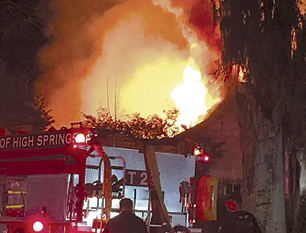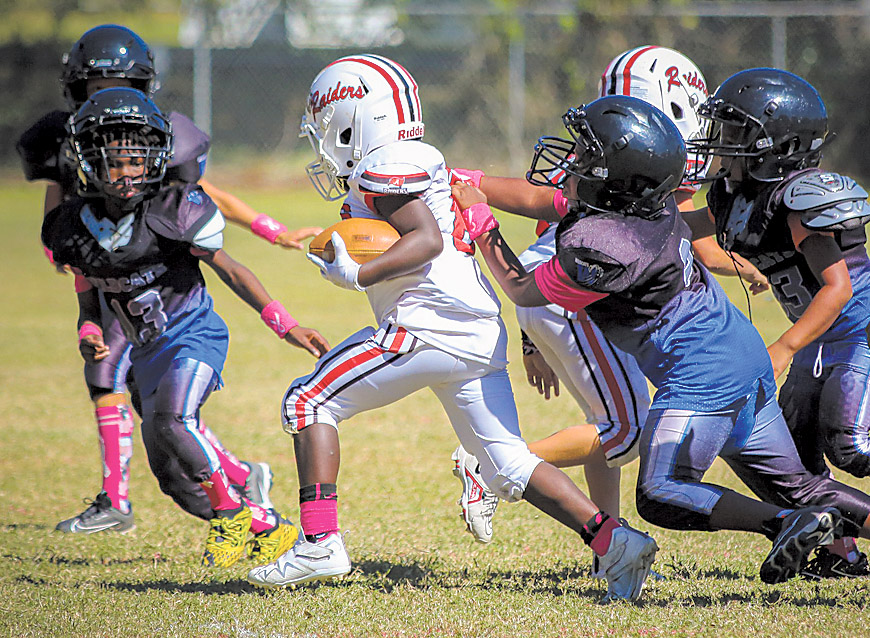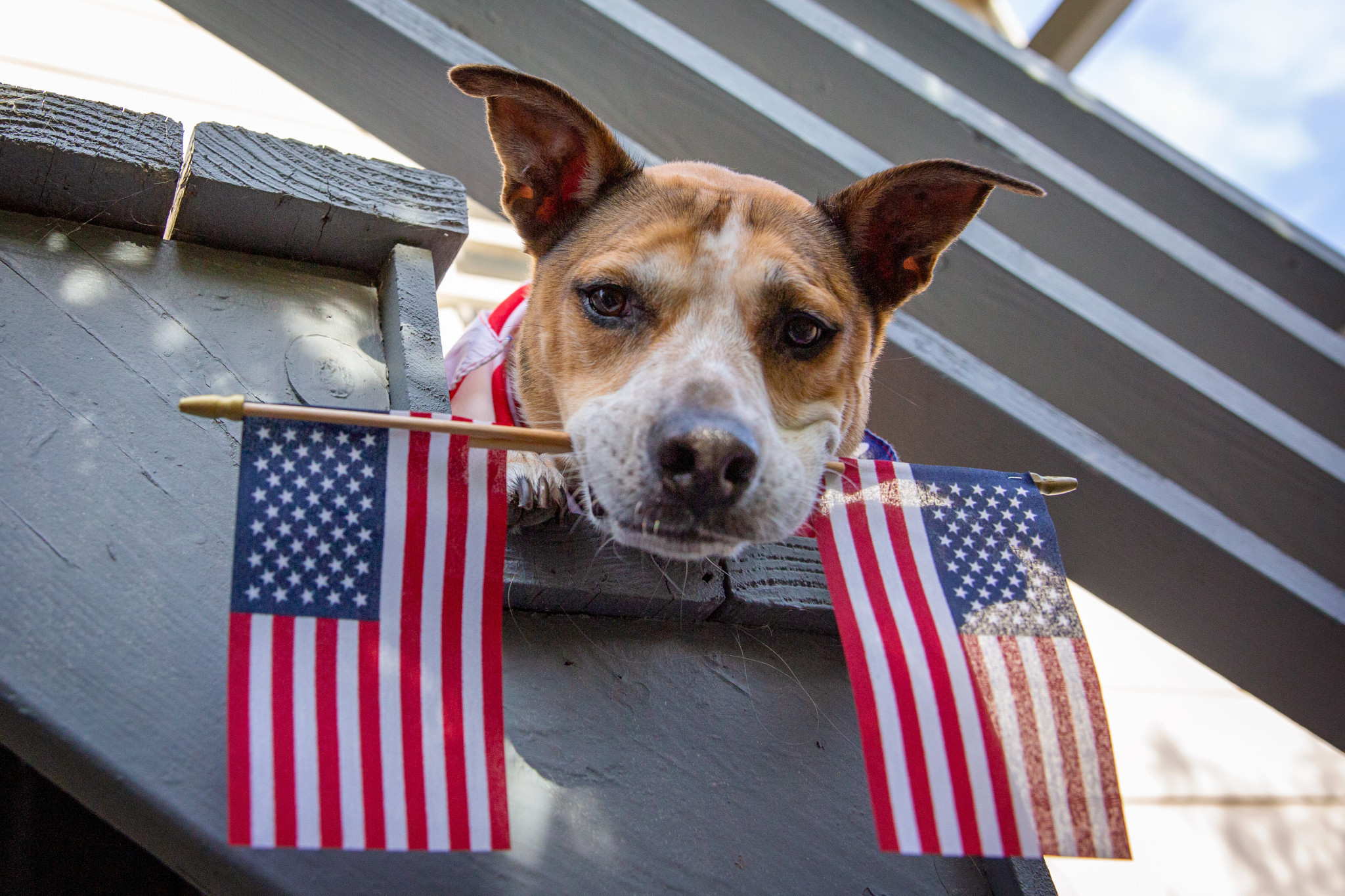FLORIDA - After more than a year of isolation, this July 4th could be one of the most celebrated in recent memory. While the food, fireworks, and festivities that represent Independence Day are fun for most Americans, the same can’t be said for pets.
As people with dogs and cats at home can attest, the holiday can be traumatic for our four-legged family members. Pets--especially dogs--can have a phobic reaction to fireworks and other loud sights and sounds that can lead to extreme anxiety. Dogs have been known to dig under or jump over fences, break tethers, or even shatter windows in response to their fireworks fears.
Many pets panic and get loose, ending up injured or in shelters, so it’s best to prevent such potential situations in the first place.
“It’s fairly simple to make your home a tranquil place for your pets on July 4th,” said Erin Katribe, veterinarian and medical director of Best Friends Animal Society. “The last thing you want is an emergency over a holiday, when many veterinary clinics are closed or open only for limited hours.”
For example, if you know your pets get severely anxious, plan ahe
ad by discussing pharmaceutical options with your veterinarian. Several medications to treat anxiety in pets are available.
“It’s important to do this based on your pet’s weight, age, and health issues, so make sure to get the proper prescription and dosage from your veterinarian,” Katribe said. “
Milder anxiety can be helped with supplements, such as those containing tryptophan, or a Thundershirt, which swaddles your pet and comforts them.”
Pet first aid kits can help treat minor injuries such as scrapes or cuts at home, according to Katribe, while more serious situations such as puncture wounds, burns, broken bones, eye injuries, or heat stroke require consulting with a veterinarian immediately. When in doubt, consult a veterinarian to decide if an exam is needed.
“If veterinary care is warranted, start by contacting your veterinarian’s office, if they are open. Call ahead to see if they can take your pet for an emergency exam. If not, you may need to go to a 24/7 emergency facility, which your vet can refer you to. I recommend that all pet owners find out the contact information of their local emergency clinic ahead of time, so that it’s quickly within reach in those unexpected moments,” Katribe said.
Best Friends Animal Society offers these additiona
l tips to keep your pets as safe as possible during the holiday:
Bring all pets indoors whenever neighborhood fireworks displays are likely, making sure that any potentially harmful food or alcohol is kept out of reach.
Secure pets in a room, close the widows, draw the curtains, and play loud music or turn on the television to drown out the frightening sounds.
Keep pets away from lit fireworks at all times, including your own backyard, as some will chase after the bright moving objects and are at risk to be burned or blinded in the process.
Many fireworks also contain substances that are toxic if ingested, so be sure to keep unlit fireworks out of reach.
Ensure that pets are wearing current identification tags, and make sure your current contact info is recorded with the vet clinic or shelter that implanted the microchip.
Have a plan in place in case your pet does go missing that includes calling and visiting the local shelter and posting information about your missing pet on platforms such as Nextdoor and Facebook.
This July 4th Could be Especially Festive... Protect Your Pets
Tools
Typography
- Font Size
- Default
- Reading Mode


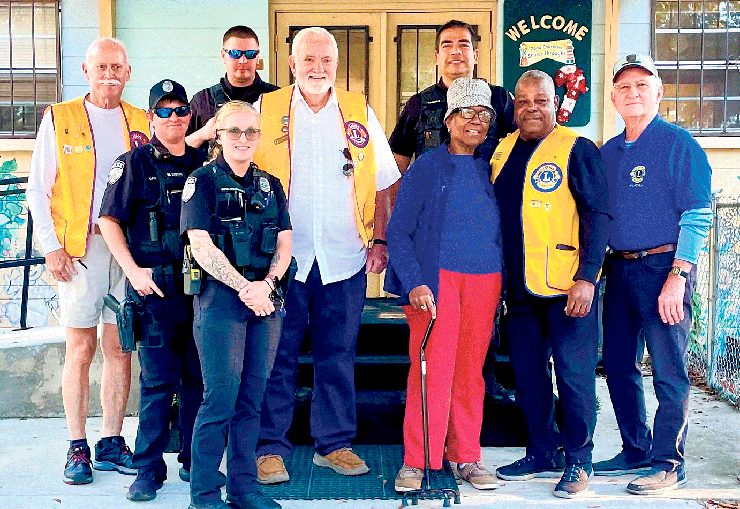
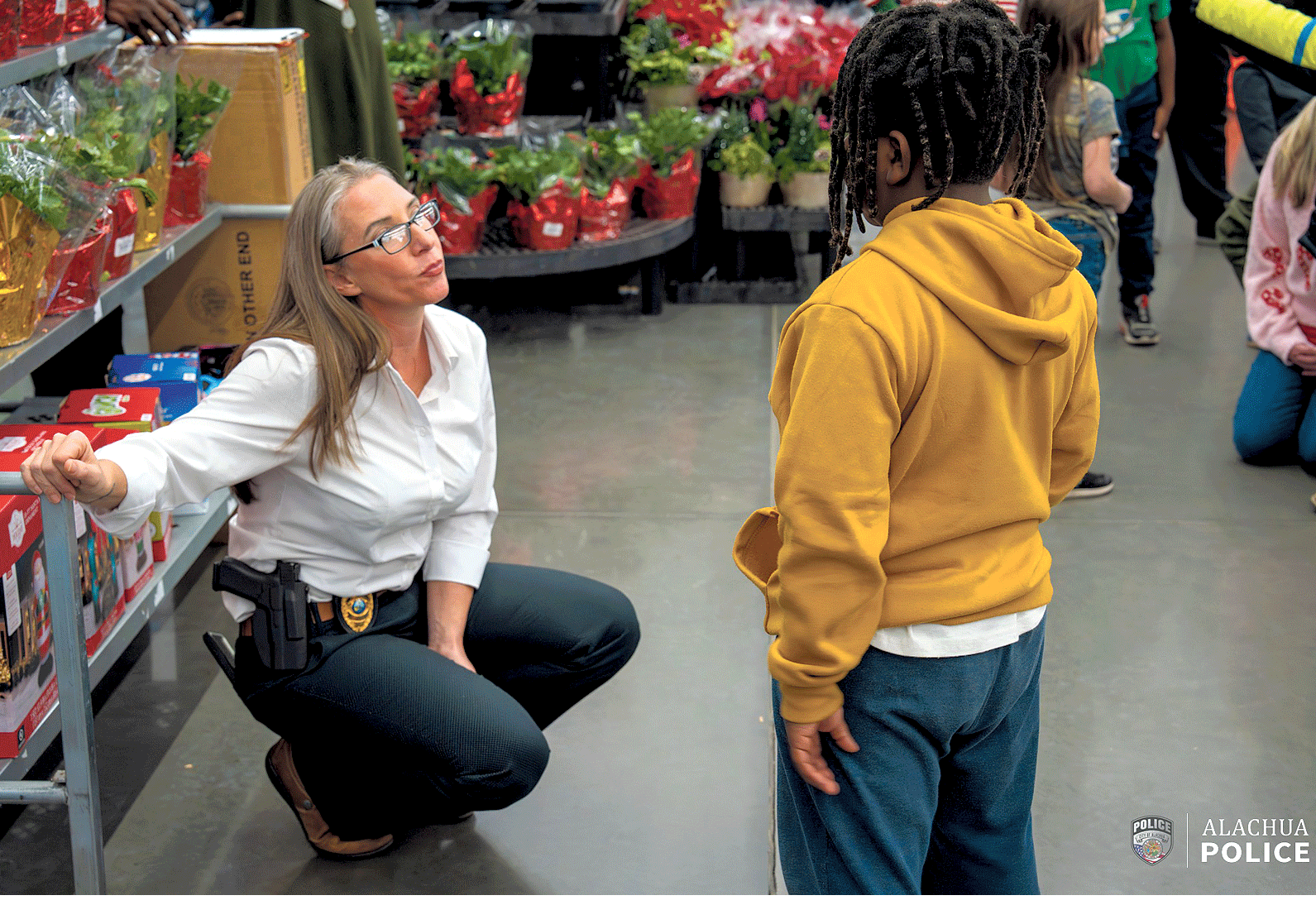
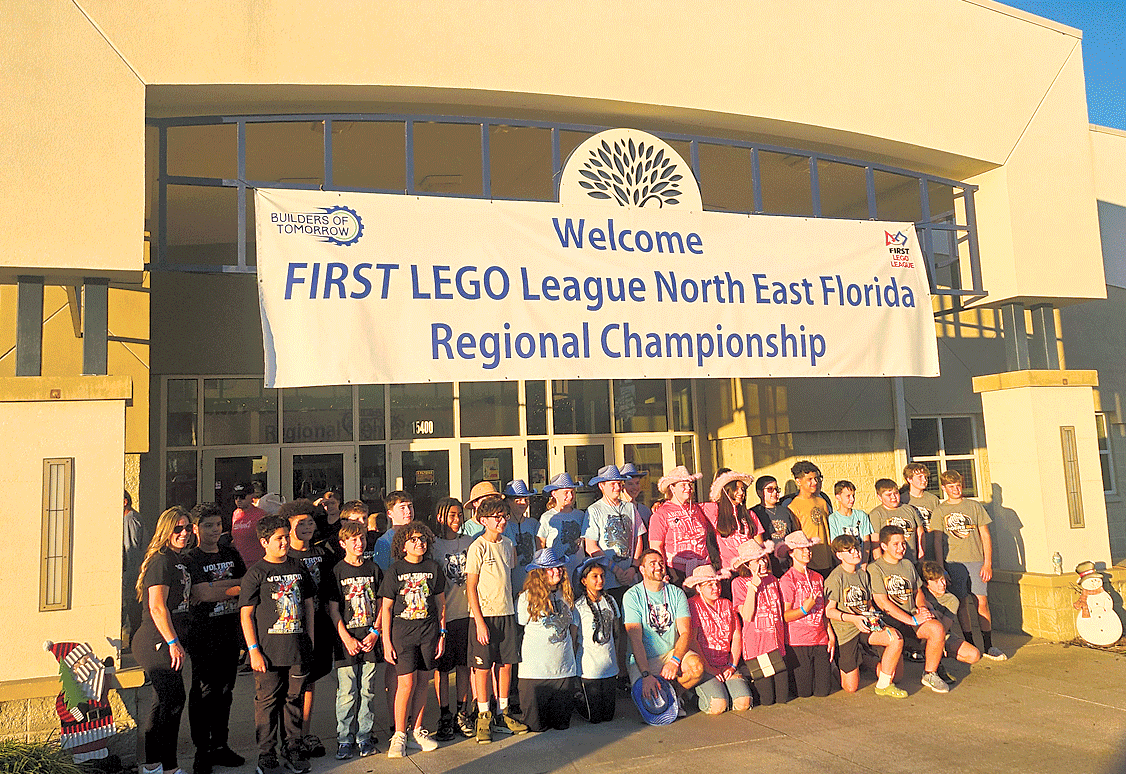
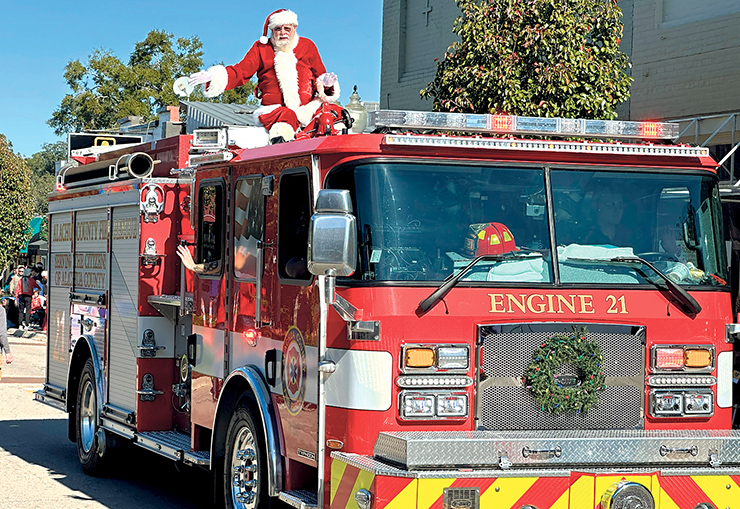

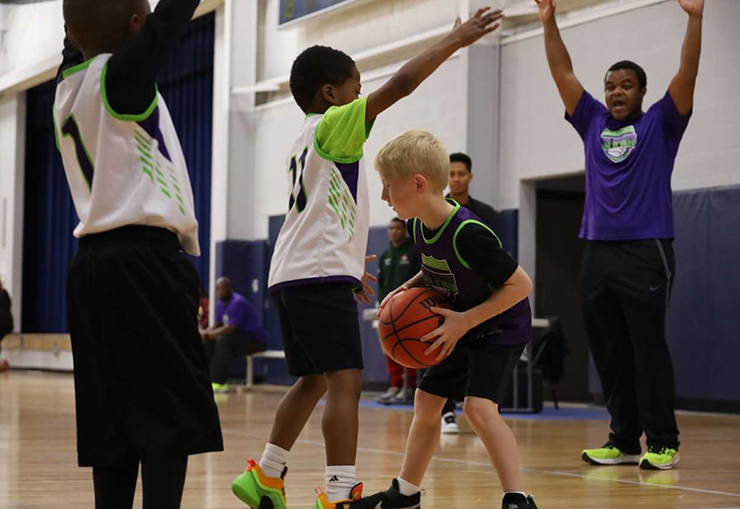
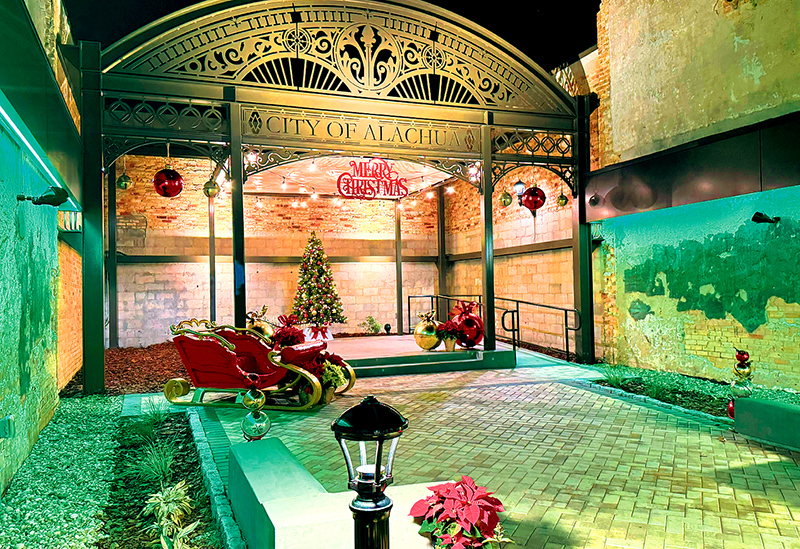


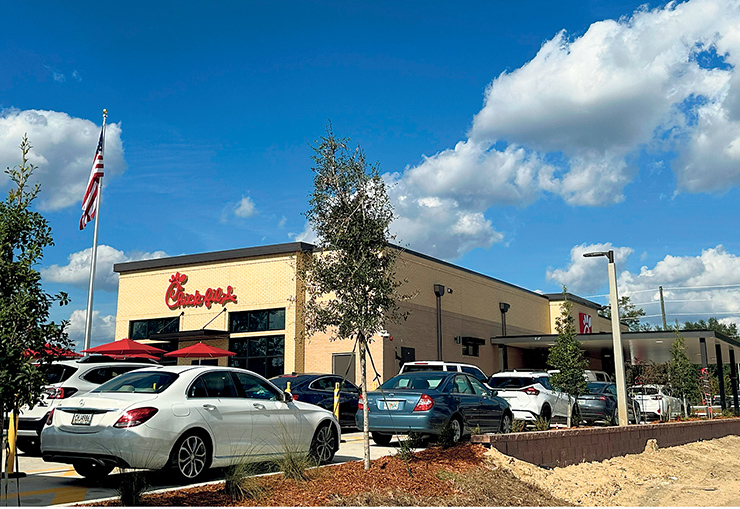
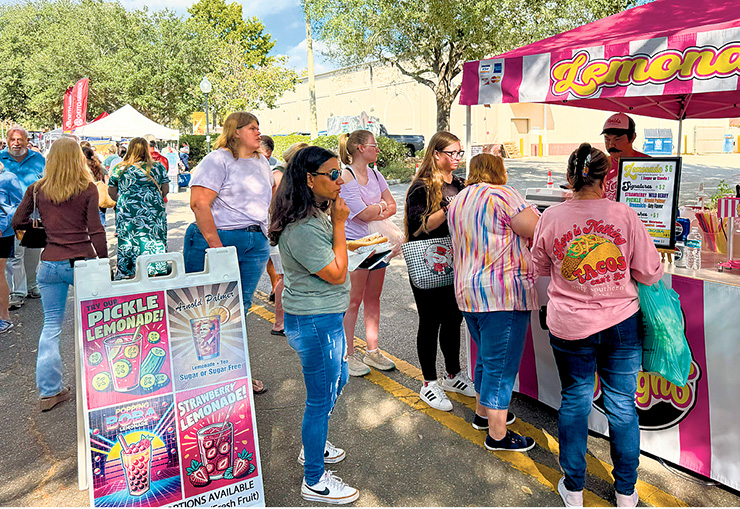
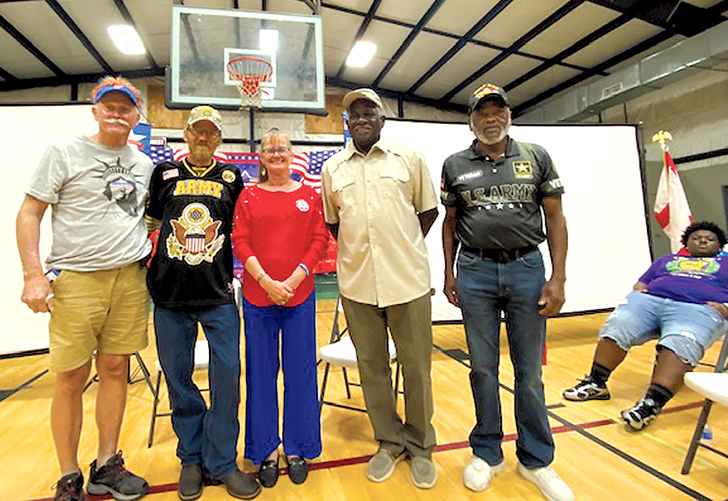
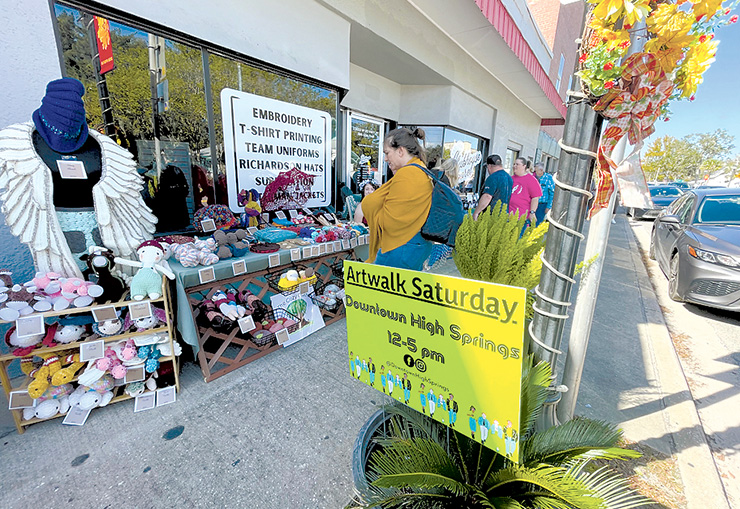
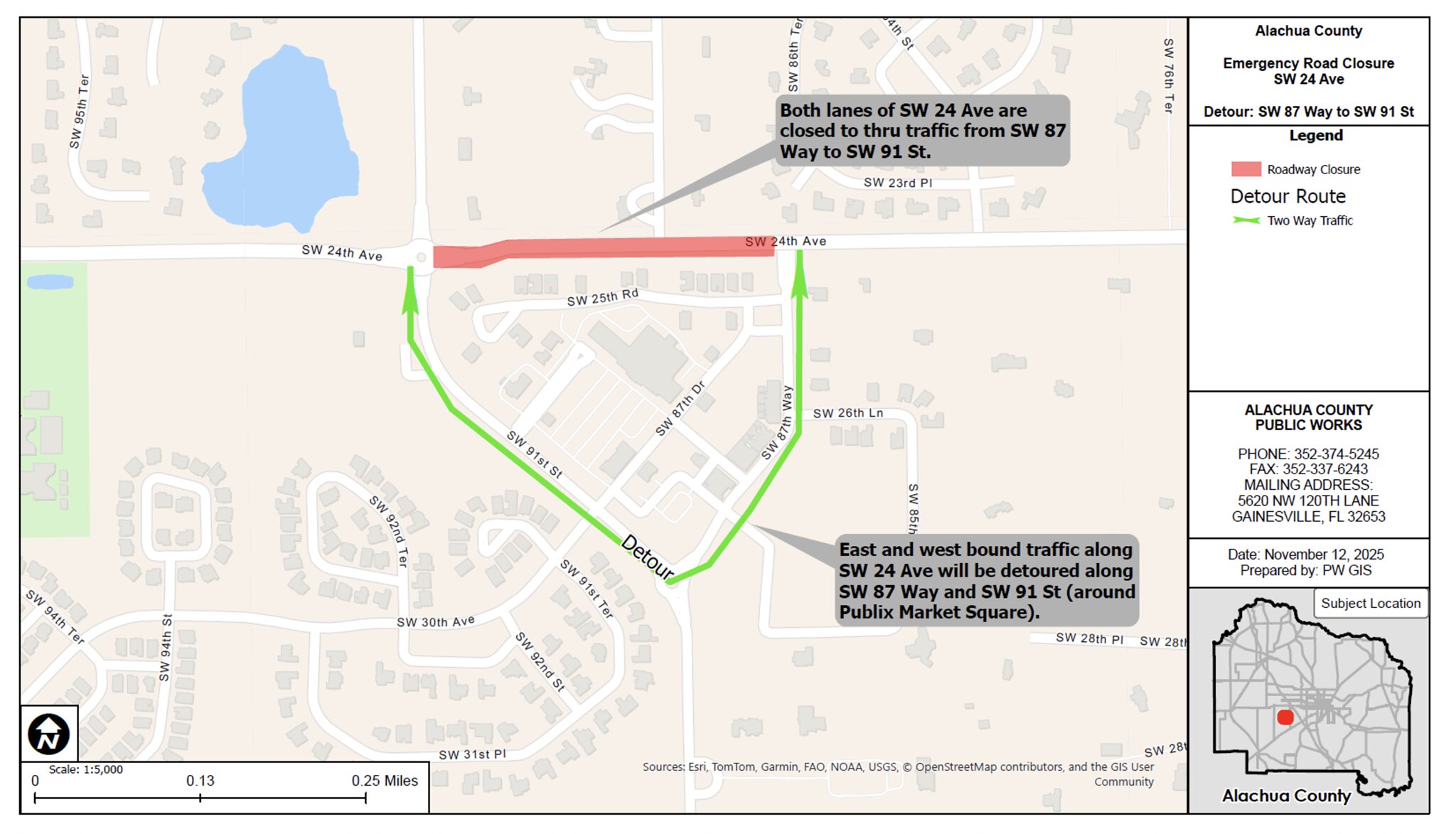
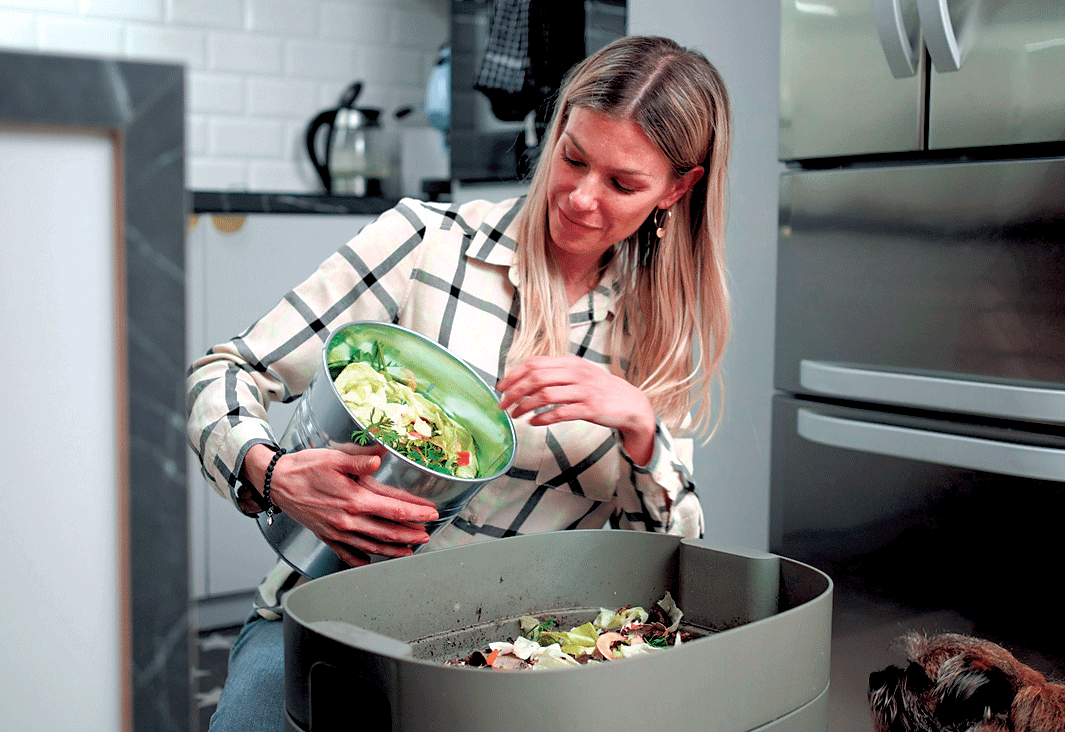
 Everyone taking prescription medications should be aware of essential safety practices. Here are six tips to help ensure you are taking your medicine correctly and safely:
Everyone taking prescription medications should be aware of essential safety practices. Here are six tips to help ensure you are taking your medicine correctly and safely:
